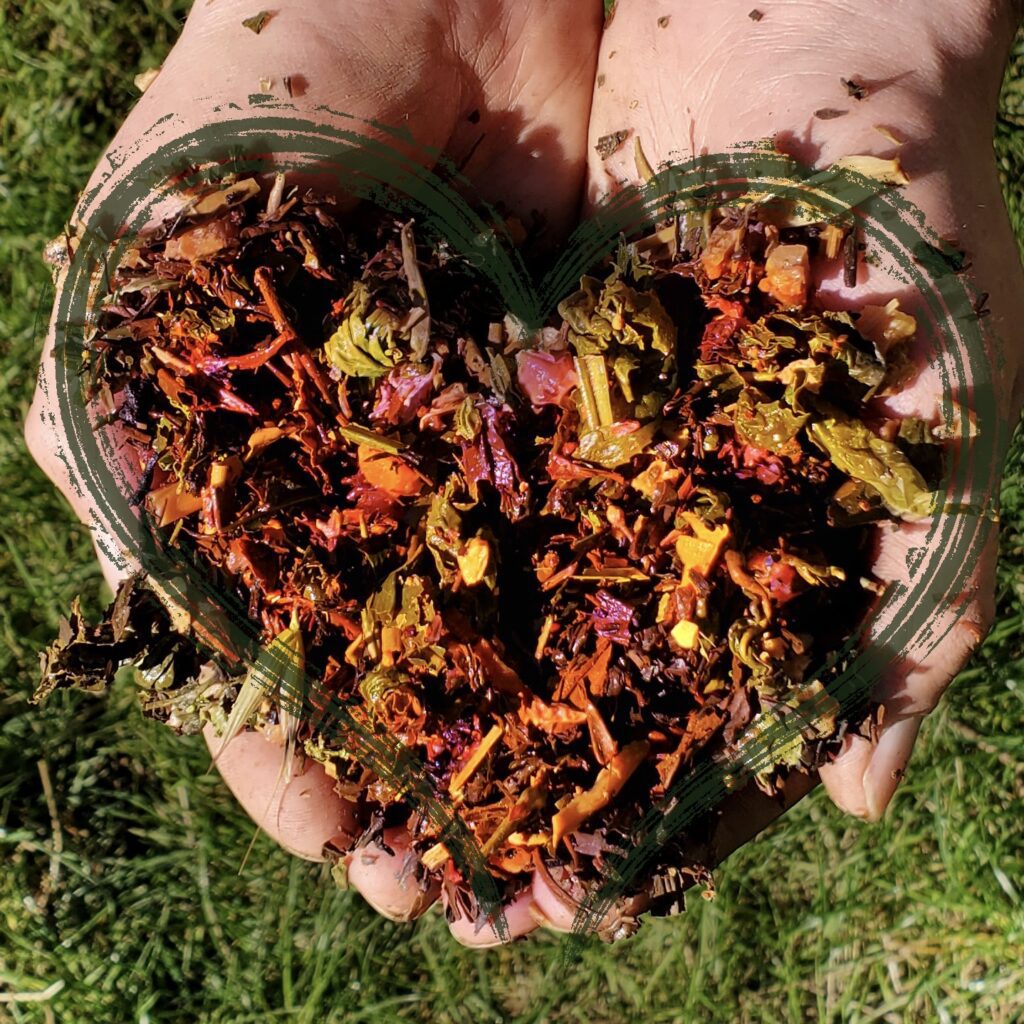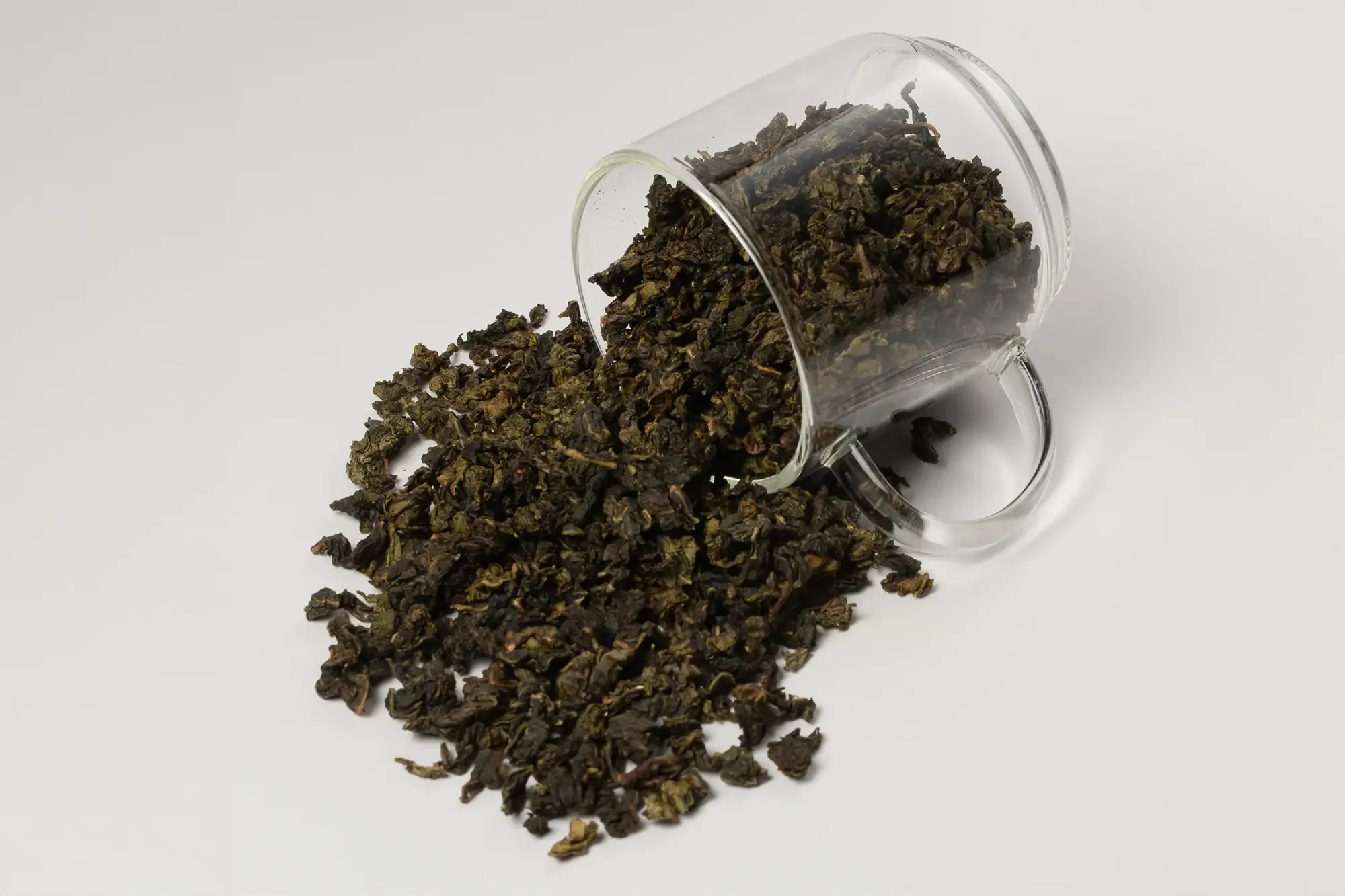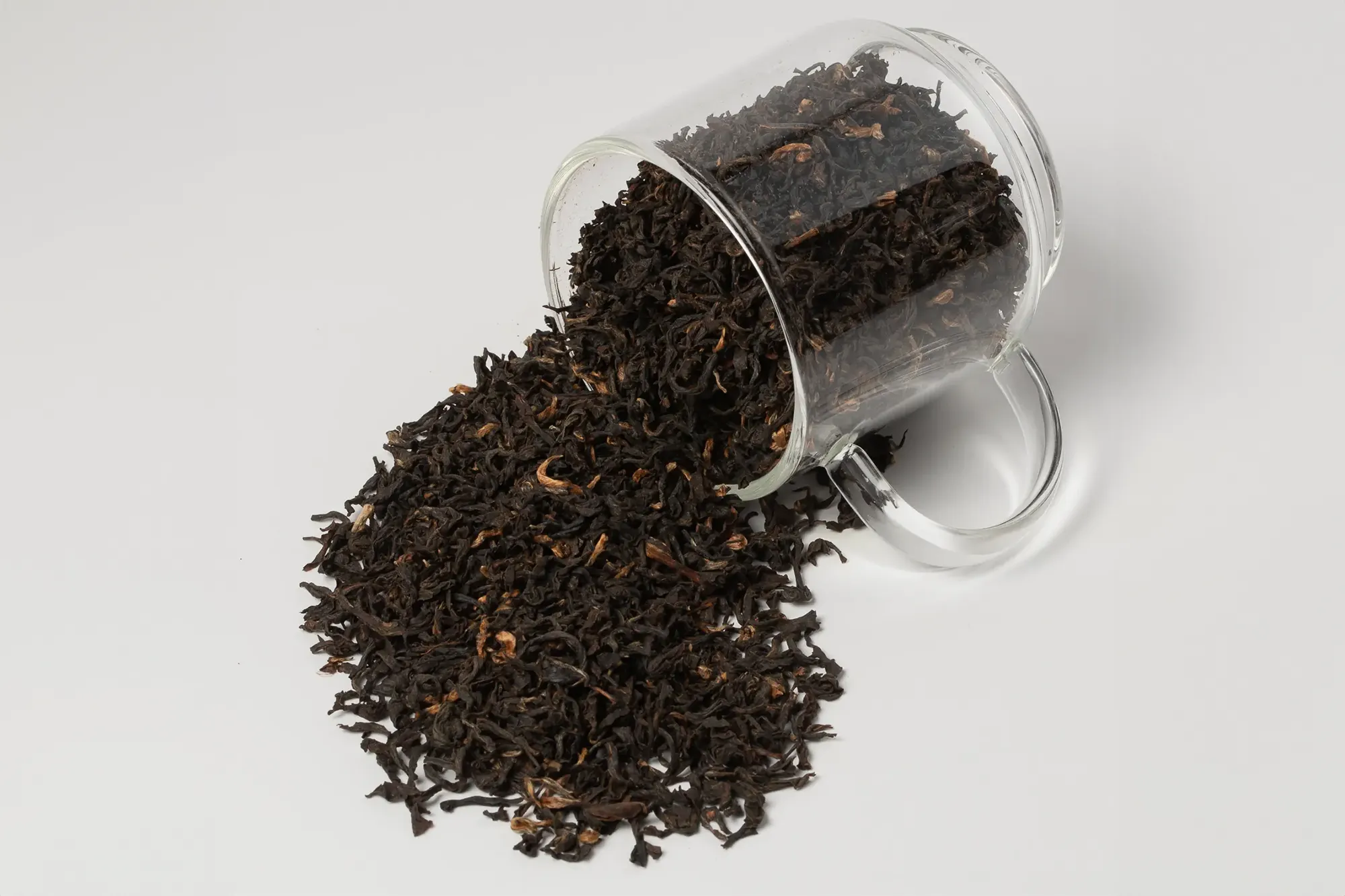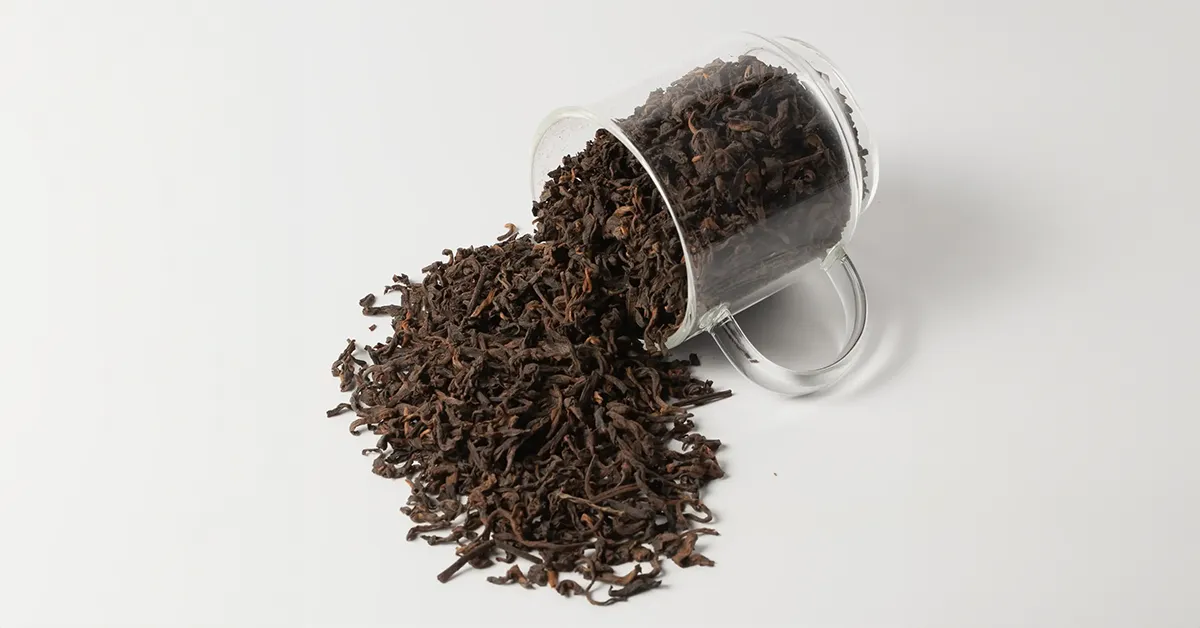- Posted on
- By susieqsisk
- In News

As time moves forward more and more of us are learning the benefits of reusing, recycling, and living reciprocally with nature. As it happens, used tea leaves are another wonderful resource that can benefit not only the planet, but you too! From the garden, to your cleaning supplies, and even back in the kitchen there are many brilliant methods most of us can use at home. So instead of washing them down the drain or sending them to the landfill, read on to learn some of the many ways you too can reclaim what would be wasted.
The first and simplest method a shocking number of people aren’t aware of, is to steep your leaves again! Not all teas can be steeped again after their first use, but some (like pu-erh) can be steeped up to 10 times! Some pu-erhs even provide additional flavors after the first steeping as the compressed tea opens up. I’ve also been known to simply leave my previous batch in the tea steeper as I make a different cup, even if it’s not a prolific re-steepable tea a hint of Silver Needles in my next cup of Jasmine can be quite nice. You can also reuse tea leaves in cooking as well. I love to save all my vegetable scraps in the freezer and make a nice broth out of it once I have enough, and tea leaves can be an excellent addition. You’d be surprised how many recipes you can find online that use old tea leaves; like stir-fry’s, ferments, soups, and even salads.
Tea is a fantastic source of nitrogen and other nutrients for the garden, especially green teas. Nitrogen is something lots of plants love, and many gardeners and farmers struggle to get enough of it. You can even save a little money on fertilizer by supplementing a bit of used tea leaves. Cup of Tea has all of their used leaves composted to reduce waste, and many of us can do that at home too. Make sure you have plenty of carbons (dead stuff like dried leaves, dried grass, or cardboard) to mix your tea leaves with to avoid any foul odors. You should have anywhere between 1-3 and 1-30 ratio of nitrogen (like tea leaves and vegetable scraps) to carbons, so as long as your compost is mostly “browns” (carbons), you should be fine. If you don’t have the space to compost, there are plenty of other options as well! You can use it directly on some plants as a mulch. Just remember that tea is usually acidic, and not every plant will benefit from it. Some examples of plants native to the Pacific Northwest that love an occasional tea mulch are roses, rhododendrons, and ferns. Mulch has the benefit of not only providing nutrients over time, but it also helps to maintain moisture. Tea leaves can also repel lots of pests like cats, rodents, and some insects. Burnt tea leaves can even repel mosquitoes! Some people like to boil their tea leaves for a long time (~30 minutes) and use the water after it’s cooled in a watering can. There is such a thing as too much fertilizer though, so don’t do this every time but instead as an occasional treat for your plants.
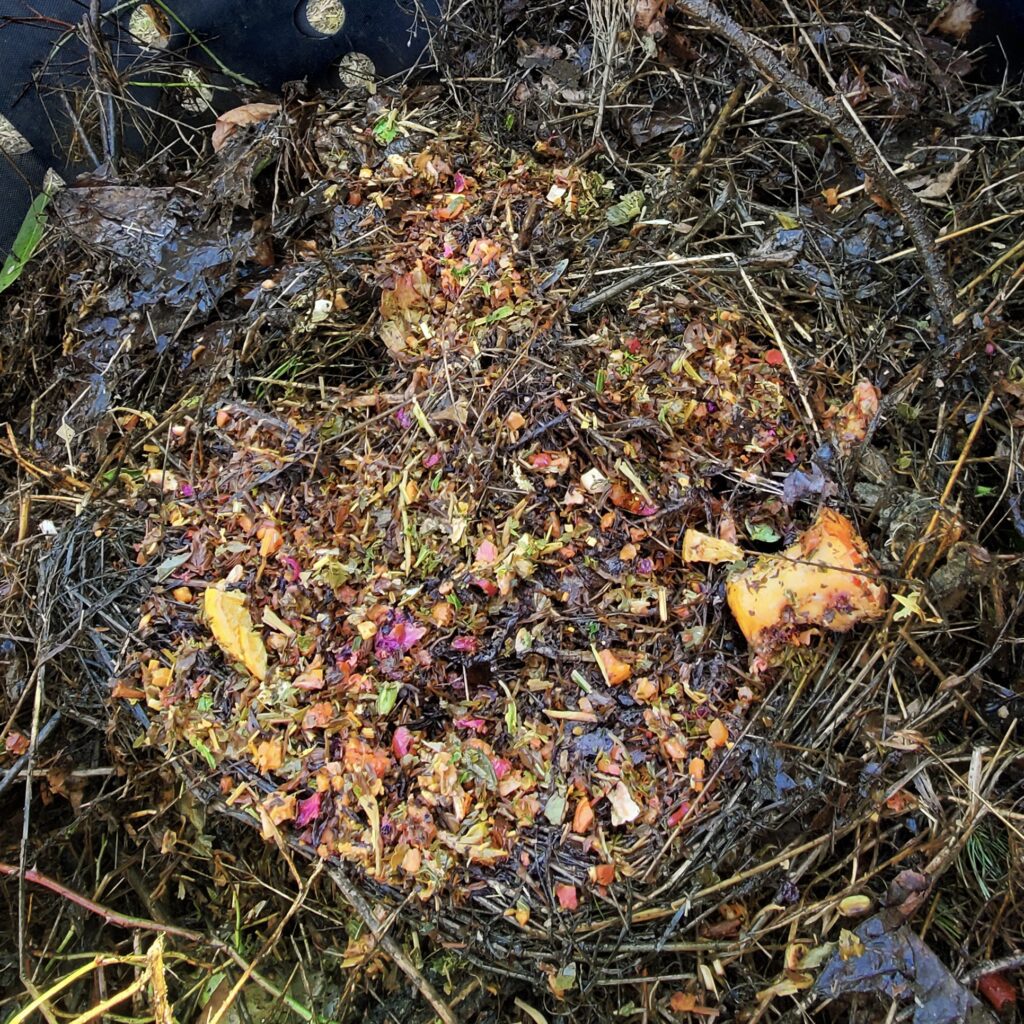
Used tea leaves also have excellent cleaning and deodorizing properties. If you allow your used green tea leaves to dry out; you can use it to deodorize your refrigerator, oven, wardrobe, or even your shoes. Simply find an adequate container for the application, for shoes use dried tea bags or dump loose leaves in a small mesh bag. Used black tea can be boiled in water for 30 minutes (the more concentrated the better) and the cooled liquid makes a great cleaner for windows, wooden surfaces, and wooden flooring. Once cooled down soak a rag in the tea water, wring out the excess liquid, and wipe down the aforementioned surfaces.
These are just a few different methods hopefully some of us can employ at home to reuse such a wonderful resource. There are even more options out there such as beauty, bathing, art, and divination that aren’t mentioned in this article. If none of these methods work for you, many of us still have access to community compost bins or local farmer markets where someone may take your tea and other organic waste to reuse what you aren’t able to. The possibilities are limitless, so when you finish your Cup of Tea it doesn’t have to end there. ~Tara and Dillan
